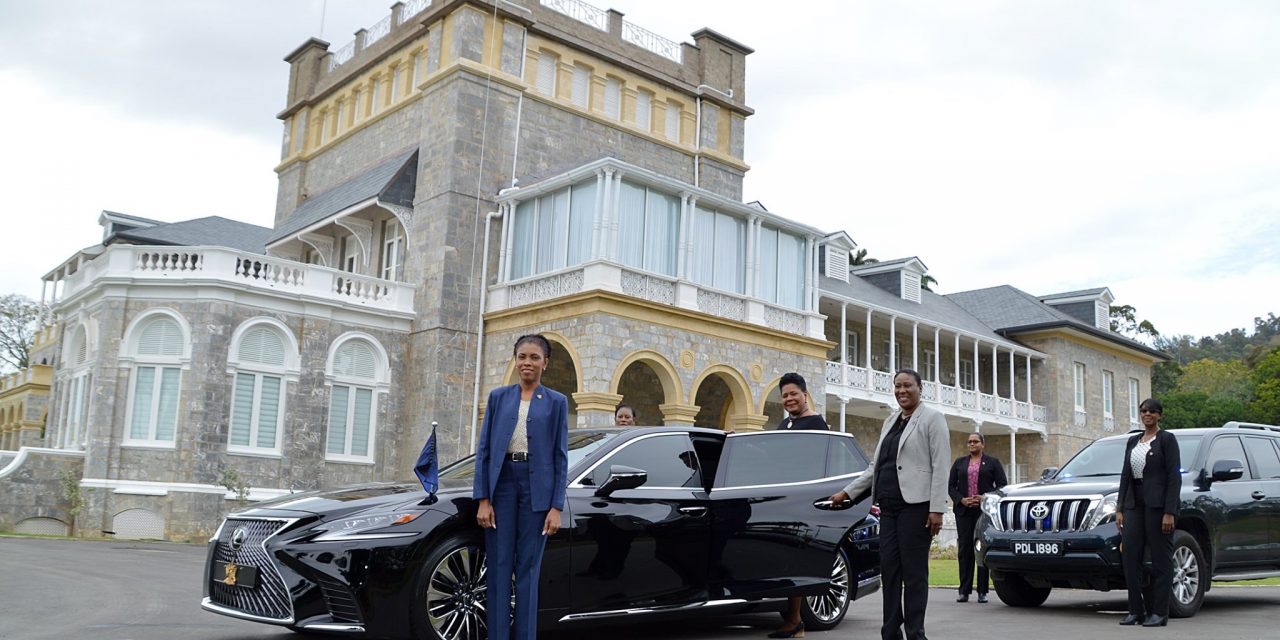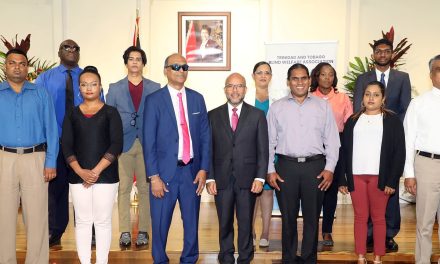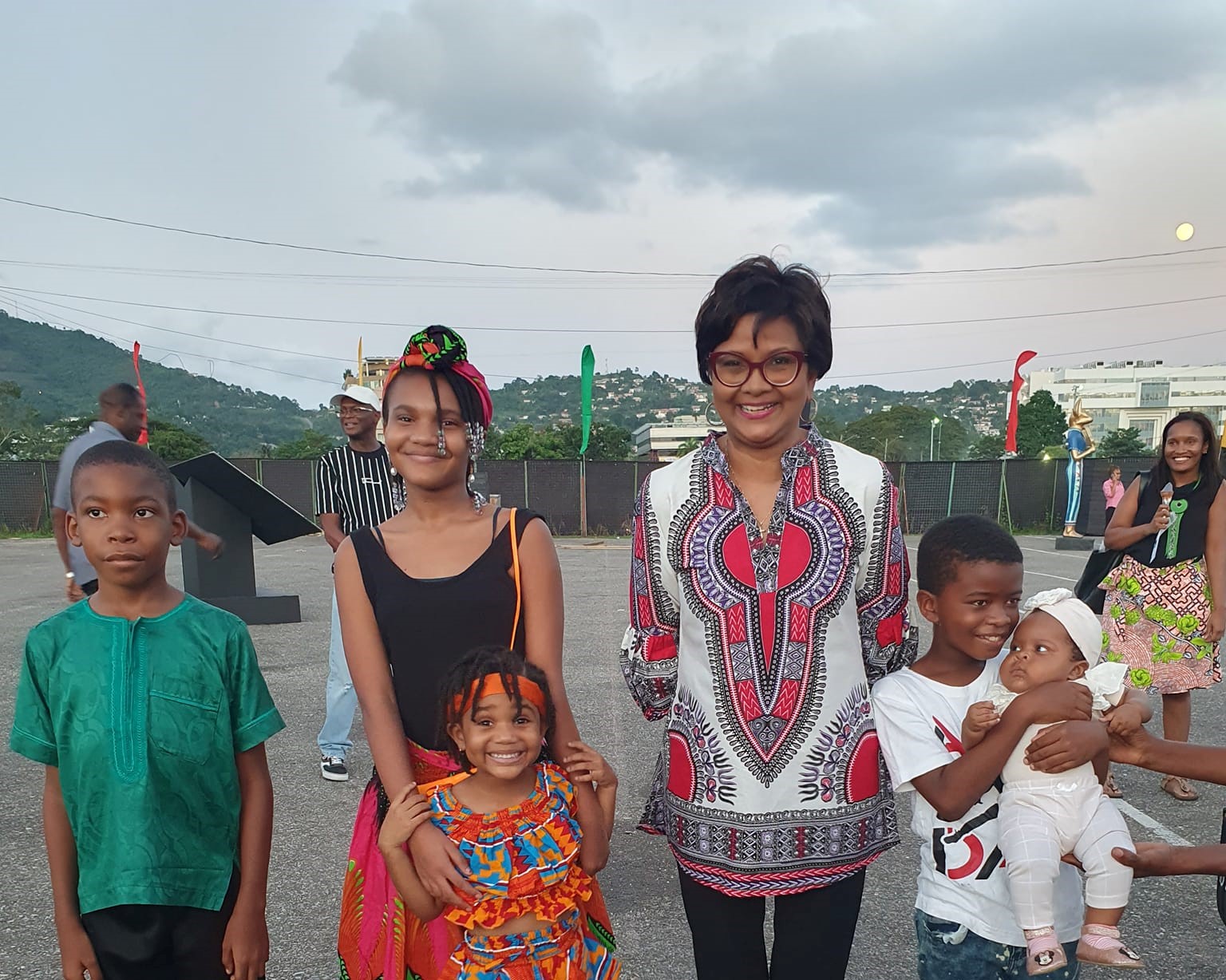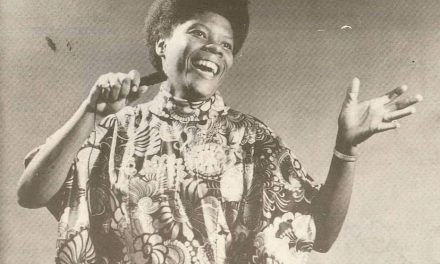In the past quarter century, there has been significant progress in realising women’s rights, and it might even appear that the metaphorical glass ceiling has been shattered. At the global level, maternal mortality rates are plummeting and more and more women are being educated and rising to prominent positions in national parliaments and in the boardroom. However, a closer examination of the statistics reveals that women still suffer significant discrimination and violence in their personal and professional lives. According to the United Nations, women still earn 23% less than men and perform the lion’s share of unpaid care and domestic work. 1 in 5 women and girls have experienced physical and/or sexual violence by an intimate partner, yet 49 countries lack laws which protect women from domestic violence.
Here in the Caribbean, although 94% of girls receive an education and, unlike the global trend, there are increasing numbers of women in the workforce, women continue to earn less than men. And although a number of territories meet the ‘critical mass’ benchmark of 30% female parliamentary representation, that figure is well below the 50% that reflects the composition of society.
Change has come about at a slow pace and, in some critical regards, seems to have stalled altogether. One of the most troubling areas of gender inequality in the Caribbean is gender-based violence. Three of the top ten recorded rape rates in the world occur in this region and in a survey of nine Caribbean countries it was found that 48% of adolescent girls had a sexual initiation that can be described as forced. Unfortunately, a culture of shame and silence, victim-blaming, sensational media reporting and a lack of sympathy or action by police and other first responders ensure that many victims remain silent and that the scourge of gender-based violence continues.
Our institutions and legislative and policy frameworks must become robust and able to meet the needs of women and girls. Further, gender equality cannot be achieved without the involvement and engagement of men and boys. This is especially important to the Caribbean society given our history of male marginalisation and matrifocality. Women have spearheaded the gender equality movement for years, but discrimination against them will never end until men and boys recognise their role in perpetuating gender inequality.
When women are healthy, educated and working on a full and equal basis with their male counterparts, their families, communities and societies thrive. It is therefore in the interest of every man, woman and child to ensure that women have both the opportunity and the necessary tools to fulfill their highest potential.
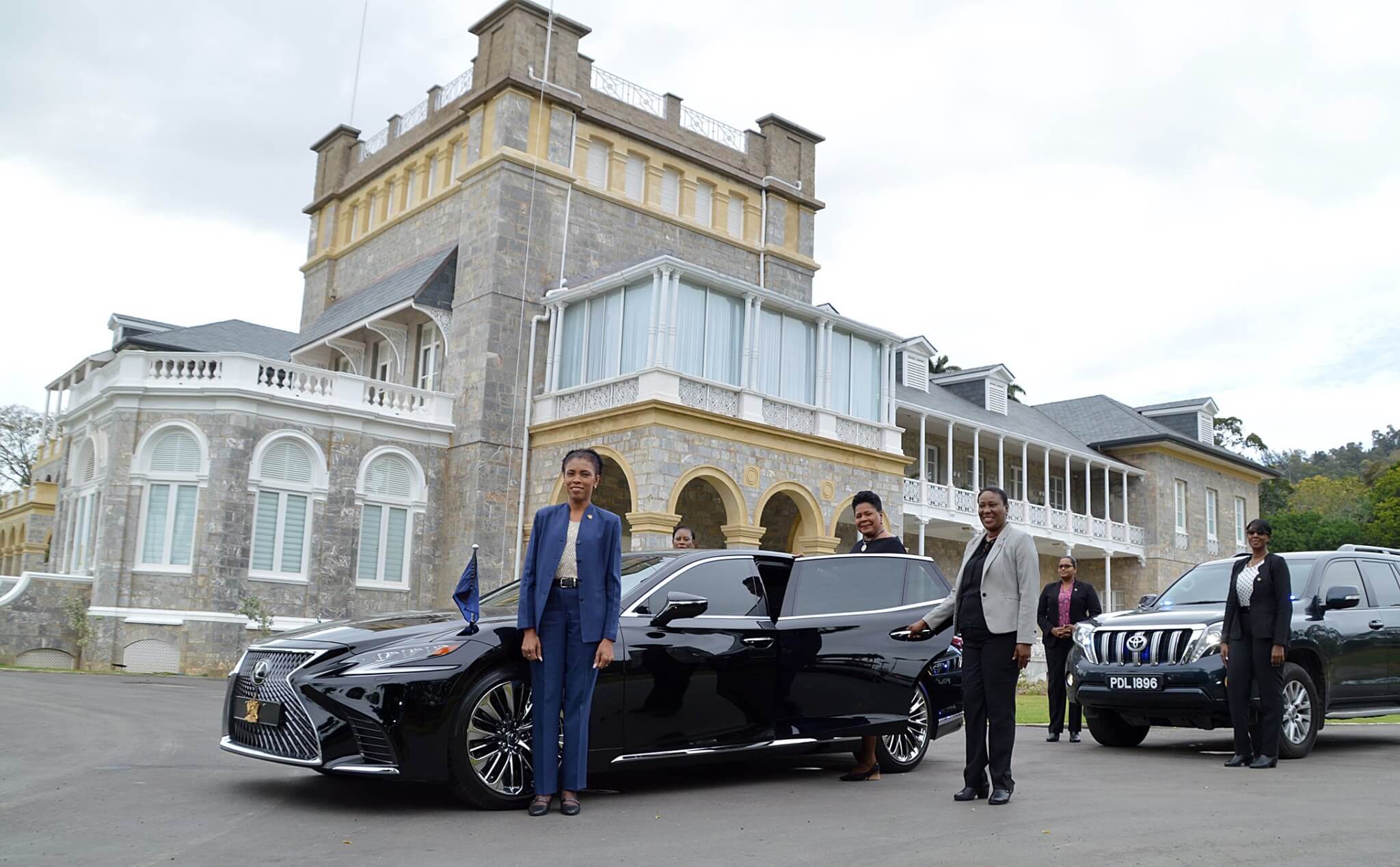
INTERNATIONAL WOMEN'S DAY 2020
In observance of International Women’s Day 2020, Her Excellency’s Protective Detail comprised only women police officers. The officers are all regular members of the detail who normally work together with their male counterparts in providing close protection services for President Weekes.

